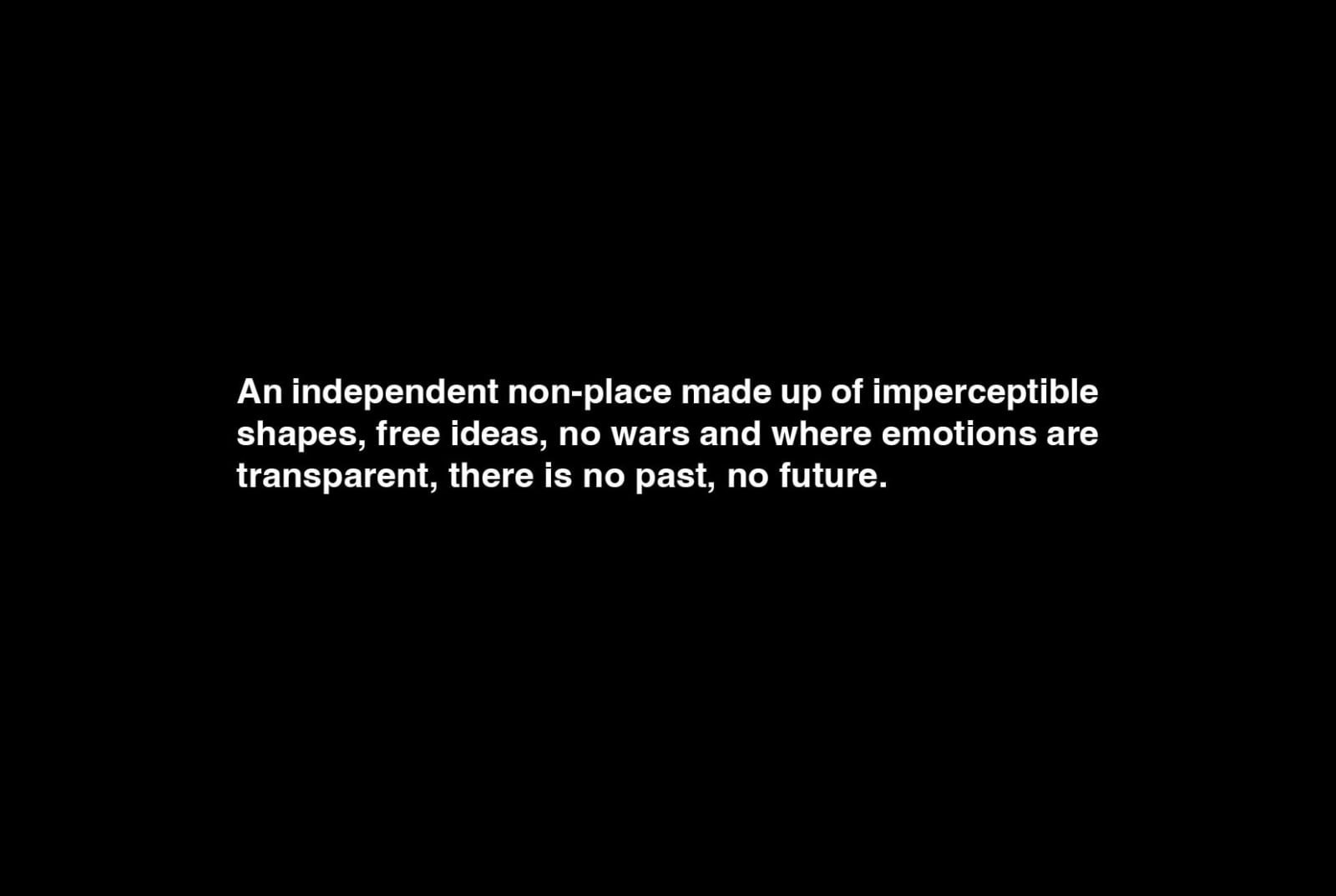Fábio Colaço Portugal, 1995
Utopia, 2024
Embroidered flag.
200 x 300 cm.
Edition of 3
Flags are symbols of power and national identity. They mark borders, define territories and reflectthe authority of a state or nation over a given area. However, when the flag carries...
Flags are symbols of power and national identity. They mark borders, define territories and reflectthe authority of a state or nation over a given area. However, when the flag carries a message thattranscends physical borders, it becomes an imaginary and fictional symbol. In this work, the flagceases to be a mere instrument of territorial control and becomes a vehicle for the imagination.The text directs the audience›s gaze towards a territory that cannot be found on maps, a placethat does not exist in the physical world, but in possibility, in hypothesis. It is a utopia, a conceptthat, as the title of the work suggests, escapes concrete reality and the political and geopoliticallimitations imposed on it. This utopia, unlike territories delimited by borders and flags, is fluid, opento constant re-creation and free from any external imposition. It represents the human capacityto dream of better worlds, to imagine spaces where justice, equality and freedom not only exist,but are perpetuated. By challenging conventional symbols of power, this flag invites the viewer toparticipate in the construction of new realities, where the limits of what is possible are constantlyexpanded by the power of the collective imagination.
1
de
12




